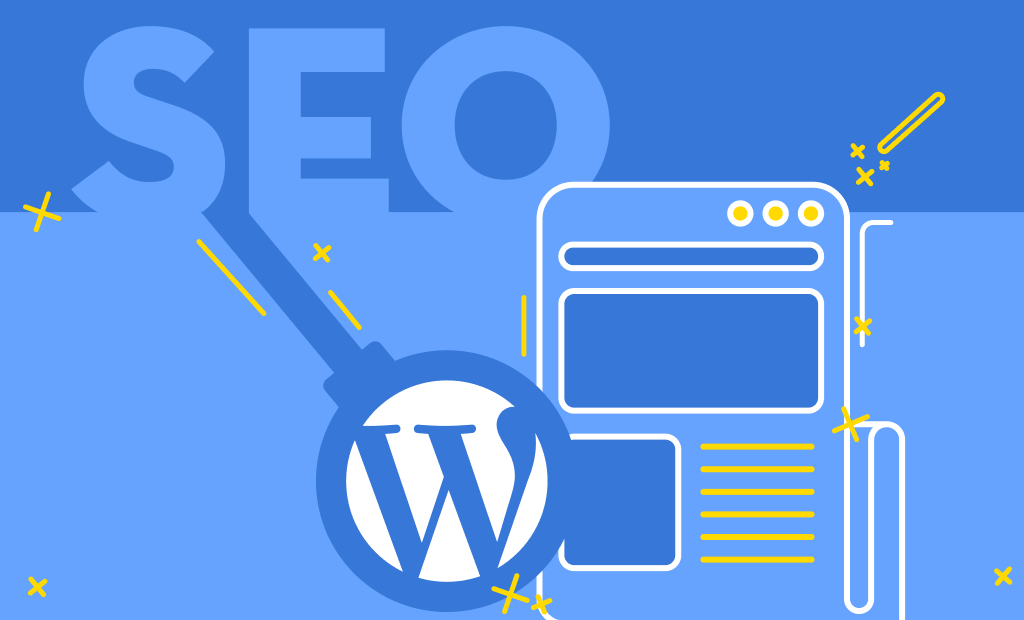One of the most widely used content management systems for building websites and blogs is WordPress. Its popularity is mostly due to its simplicity of use, as well as its adaptability and customization possibilities. To make a website successful, using WordPress alone is not sufficient. You must optimise your website for search engines in order to attract visitors. We’ll go over some crucial WordPress SEO pointers in this article to assist you to raise the visibility and position of your website on search engine results pages (SERPs).
Use a WordPress SEO-friendly Theme
The success of your website depends on the WordPress SEO theme you choose. A well-optimised theme can make your website load quicker, which is important for Google rankings. The user experience should also be considered while designing, since doing so can boost engagement and lower bounce rates. Astra, GeneratePress, and Schema are a few well-known WordPress themes that are search engine friendly.
Optimize Your Content
Your website’s content is the most important factor in determining its search engine ranking. To optimise your content, you should:
- Employ appropriate keywords: Study the appropriate keywords that your intended audience is looking for and include them in your article. Avoid keyword stuffing, which might lower your website’s ranking, and use them naturally.
- Create excellent content: Provide compelling, educational, and well-written content that benefits your audience.
- Utilize headers and subheadings to arrange your material and make it simpler for readers to skim through and comprehend.
- Internal links should be added to your website in order to improve navigation and encourage people to stay on it for longer.
Install an SEO Plugin
You may make it simpler to optimise your website for search engines by installing an SEO plugin. Popular plugins like Yoast SEO and All in One SEO Pack offer a variety of capabilities like keyword optimization, content analysis, and XML sitemap development.
Optimise Your Images
Images are important for engaging readers and enhancing the user experience. However, they can also slow down your website’s loading time. To optimise your images, you should:
- Reduce the size of your photographs without sacrificing quality by using an image compression programme.
- Use keyword-rich, descriptive file names and alt tags to help search engines understand what the image is about. Use keyword-rich, descriptive file names and alt tags to assist search engines to understand what the image is about.
Speed Up Your Website
A key Google ranking element is website speed. The user experience and bounce rates of a website can both be negatively impacted by slow loading times. Your website should be faster if you:
- Choose a trustworthy host: Go for a host that can manage the traffic to your website and has quick loading times.
- Use a caching plugin to help your website load faster by caching commonly visited data.
- Code optimisation: Minify your website’s CSS and JavaScript files, and get rid of any extraneous code.
In conclusion, improving the visibility and traffic to your WordPress website requires you to optimise it for search engines through the use of WordPress SEO practices. You may raise your website’s search engine rating and increase traffic by adopting an SEO-friendly theme, optimising your content, adding an SEO plugin, optimising your photos, and speeding up your website.

